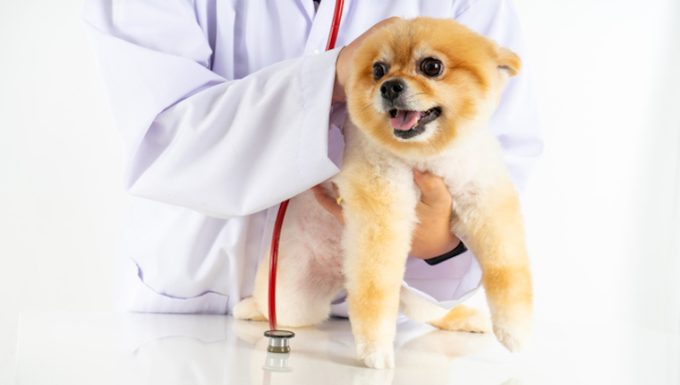Inguinal hernia in dogs happens when part of the abdominal area pushes into an opening by the groin. Sometimes, the condition is inherited.
Generally, all dogs can suffer from the condition. However, certain breeds including Basset Hounds, Cocker Spaniels, and Australian Cattle Dogs suffer from it the most.
Technically, the opening that causes the hernia is called…









